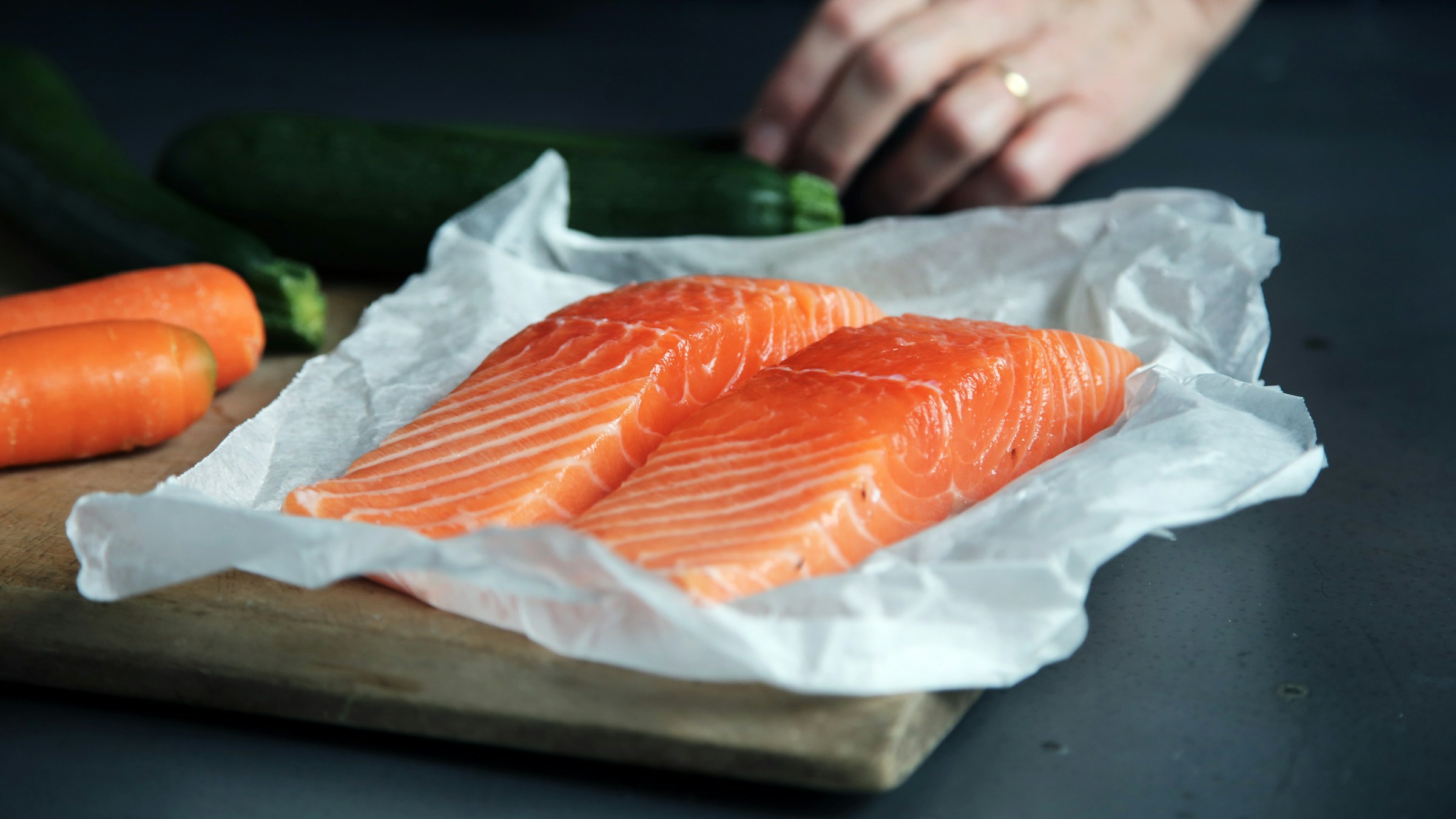One of the biggest and most important goals on any health journey is to find the best diet for your needs. As you look to boost your health, note that you can’t do this without vitamin B6! This vitamin provides many benefits that improve your wellness, so you’ll want to eat foods high in B6, like healthy fats, fruits, and vegetables.
To get your diet on track to meet your health goals and needs, we’ll identify foods with adequate vitamin B6 content that can be easily added to your meal planning in creative and versatile ways. To do this, you must understand what vitamin B6 is and its role in your health, as well as the implications of too little or too much of it and how to get the balance just right.
What is vitamin B6?

Vitamin B6, also known as pyridoxine, is a water-soluble vitamin that serves as a coenzyme in many of the body’s physiological processes. It is a major player in keeping the immune system functioning properly and has a significant role in healthy brain function.
What is the recommended daily intake for vitamin B6?

The daily recommendation for vitamin B6 intake is 1.6 milligrams (mg), with a maximum of up to 2 mg daily. You can achieve this by consuming nutrient-dense foods that are packed with vitamin B6, like poultry and fish, non-citrus fruits, and starchy vegetables.
What are the benefits of vitamin B6?

Brain health
Vitamin B6 is vital for brain development, protects the blood-brain barrier, and has neuroprotective properties. Additionally, it helps to regulate the way energy is utilized in the brain. This can boost your focus and sustain cognitive function. Memory, learning, and mood may also be upgraded. It is important to note that insufficient B6 levels have been associated with declined cognition and dementia.
Immune support
You need B6 to keep your immune system healthy and ward off any infections. This vitamin helps with the production of T lymphocytes, interleukins, and antibodies. Each of these components is needed for an adequate immune response. The antioxidant and anti-inflammatory characteristics of B6 not only support immune function but can also modulate inflammation-related conditions like diabetes or cardiovascular diseases.
Boosts energy and mood
Vitamin B6 plays a crucial part in the production and function of neurons. This includes B6’s role in producing neurotransmitters, which regulate energy, mood, and stress. This vitamin is involved in making healthy red blood cells for oxygen transport, which gives you energy and wards off fatigue. With neurotransmitters working to maintain balance, your mood stays even, and your stress response is efficient, encouraging better sleep and reducing anxiety symptoms.
13 foods high in vitamin B6

- Bananas: Eating one medium-sized banana in the morning can provide 0.4 mg of vitamin B6, totaling 25% of the daily value. Note that foods providing 20% or more of the daily value are commonly deemed as a high nutrient source.
- Chicken Breast: A three-ounce chicken breast will also provide 0.4 mg of B6.
- Chickpeas: Enjoy one cup of chickpeas at dinner and get 1.1 mg of B6, which provides 65% of the daily value.
- Turkey: The meat of a three-ounce roasted turkey provides 0.4 mg of vitamin B6.
- Salmon: Switch things up with a 3-ounce salmon. Salmon provides 0.6 mg of vitamin B6.
- Mackerel: Try different seafood like mackerel, which is rich in B6 and other anti-inflammatory nutrients. Like salmon, a serving contains 0.6 mg of B6.
- Potatoes: A cup of potatoes includes 0.4 mg of B6. You may even opt for sweet potatoes, as this rich B6 source provides 19% of the daily value.
- Walnuts: One cup of walnut chips contains 0.6 mg of B6.
- Avocado: One avocado contains a vitamin B6 content of roughly 0.5 mg.
- Yogurt: One cup of yogurt contains 0.1 mg of B6.
- Spinach: Enjoy one cup of cooked spinach at lunchtime or dinner, which consists of 0.4 mg of this vitamin.
- Tuna: A cooked three-ounce tuna includes 0.9 mg of vitamin B6.
- Cereals: You will also find that many breakfast cereals are fortified with vitamin B6 content, up to 25% of the daily value.
Signs of vitamin B6 deficiency

Some signs of vitamin B6 deficiency include itchy, red skin rashes and fatigue. Feeling tired and fluctuations in mood are other signs. Another common sign is glossitis, a swollen and inflamed tongue. Seizures may also present as a sign of B6 deficiency.
Frequently asked questions

Who is most at risk for vitamin B6 inadequacy?
Some groups at high risk for vitamin B6 deficiency include those who consume excessive amounts of alcohol, those with autoimmune disorders, and individuals who have renal dysfunction. In these situations, there usually are low plasma concentrations of pyridoxal 5-phosphate, an active coenzyme form of vitamin B6.
What happens if you consume too much vitamin B6?
Consuming too much vitamin B6 can lead to B6 toxicity. If this occurs, it usually shows as neuropathy. This presents as ataxia, in which body movements can no longer be controlled. Other effects of B6 toxicity include photosensitivity and skin lesions that are discolored and painful. Gastrointestinal discomfort, like nausea, may also occur.
Does vitamin B6 interact with any medications?
Vitamin B6 may interact with medications used to treat epilepsy, as the medication could dampen the B6 levels, reducing the ability to modulate seizures. Medications used to treat lung conditions like asthma may cause B6 levels to drop, and seizures may present. Others include drugs used in tuberculosis treatment.




